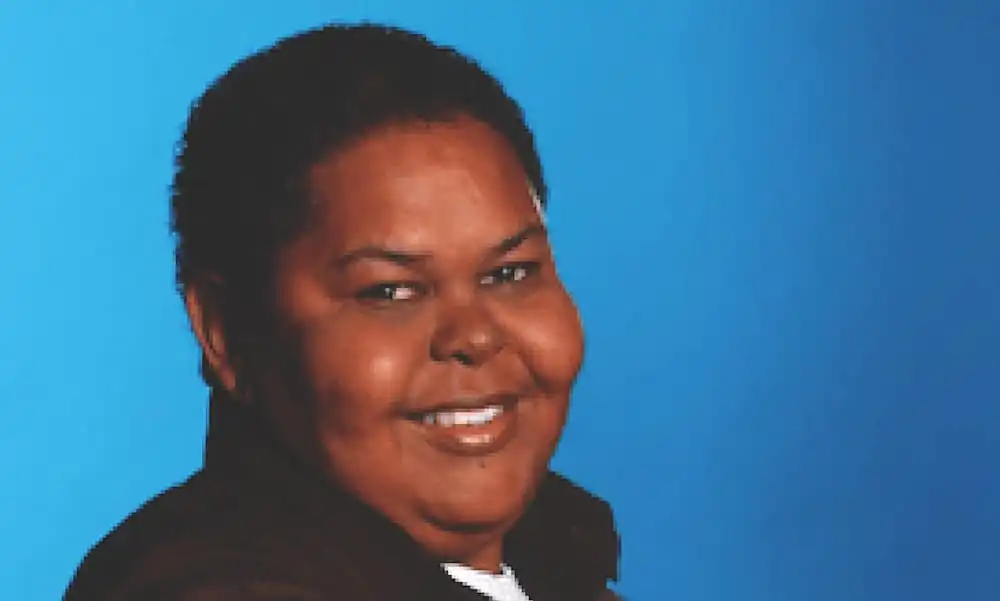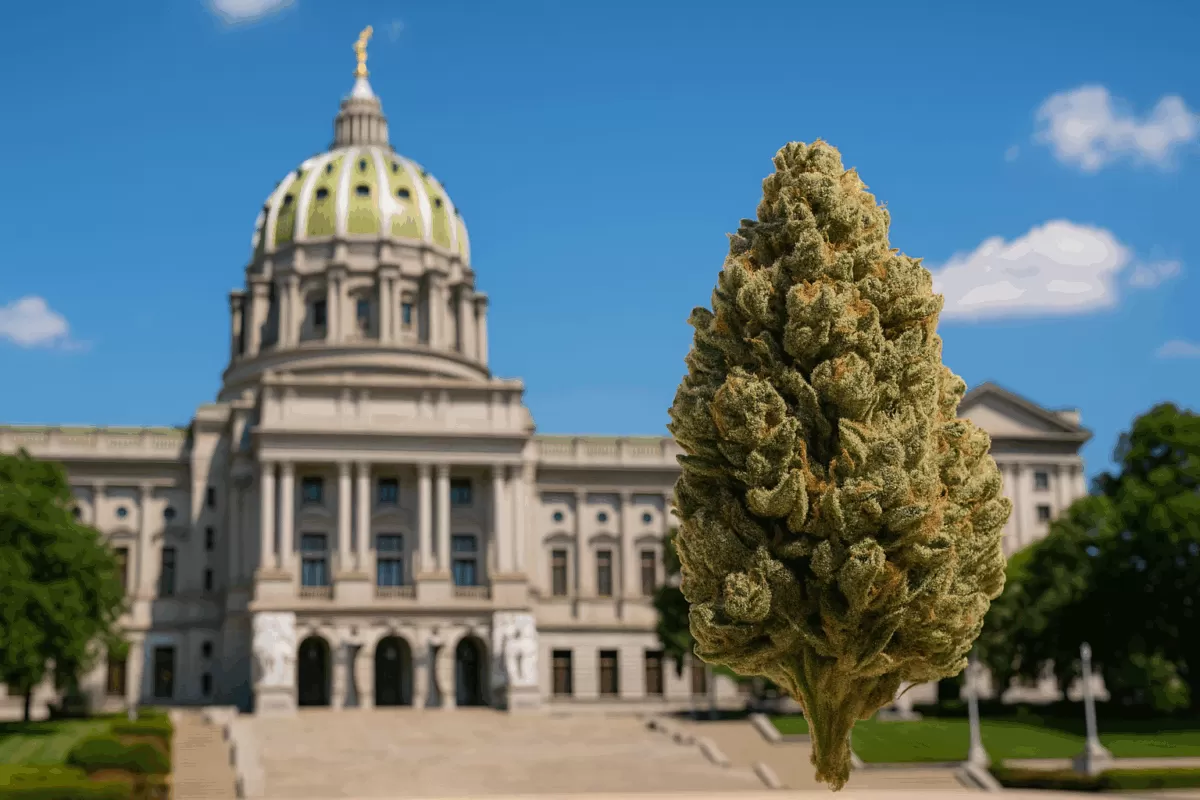Los Angeles’ cannabis social equity program was designed to provide communities most affected by drug laws with the opportunity to acquire new dispensary licenses. However, the program has recently come under scrutiny due to concerns surrounding the licensing process. Questions have been raised about how 4thMVMT, a well-connected firm, managed to dominate the process, resulting in the company landing at least 11 spots in the first 100 on track to obtain licenses. In this article, we’ll explore the concerns surrounding Los Angeles’ cannabis social equity program.
The Concerns:
Some social equity advocates are crying foul, saying that the intended individuals hoping to overcome their past struggles never stood a chance. The first-come, first-served application system resulted in the company 4thMVMT landing at least 11 spots in the first 100 on track to obtain licenses. Donnie Anderson, chairman of California Minority Alliance, a nonprofit that supports minority participation in the cannabis industry, said, “CMA represented about 55 people who uploaded applications, and not one of our members got it.”
Mayor Eric Garcetti last month ordered an independent audit of the application system after significant questions were raised about Los Angeles’ cannabis social equity process. The Department of Cannabis Regulation has decided not to issue the first 100 social equity licenses or open a second application round until the audit is complete. Applicants, industry insiders, and city staff say that deep-pocketed investors played a major role in licensing success.
The Success of 4thMVMT:
4thMVMT has drawn particular suspicion because of its strong political ties and because its success was disproportionate. Webb and 4thMVMT spokesperson Ralina Shaw credited their success to building a team to support equity applicants and taking steps allowed under city rules, like plugging into ethernet instead of using Wi-Fi and hiring and training temp workers to quickly fill out applications.
Karim Webb, a Los Angeles-based business owner and founder of 4thMVMT, defended his company’s approach. Webb said he was disappointed that all 32 applicants his firm partnered with didn’t finish within the top 100 because his main reason for entering the industry was to support individuals impacted by drug laws. Webb and 4thMVMT’s connection to council members was part of the company’s pitch to potential investors. 4thMVMT ultimately raised around $4 million in venture capital according to PitchBook, a financial data tracking service.
Equity advocates say the disadvantage was most apparent in differences of internet speed. In a first-come, first-served system where every millisecond counts, having a slow internet connection was essentially a disqualifier for many applicants. LaNaisha Edwards, an equity applicant who finished 39th in the first round, said, “If you are taking someone who lives in South Central LA, everyone knows the internet there is so slow. Those guys that do have the resources, you know how they feel, ‘Oh well you, I don’t know what to tell you, you should have been able to have faster internet.’”












